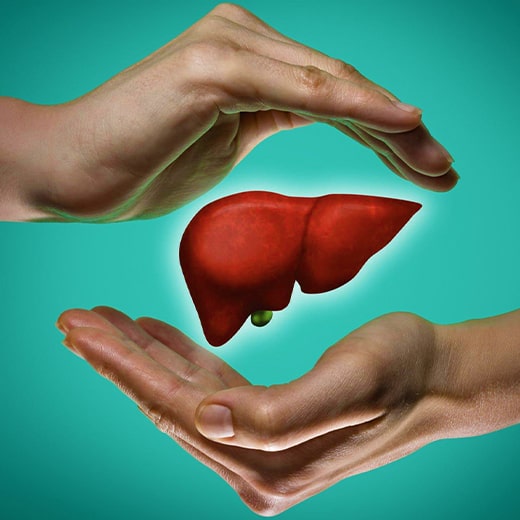

It’s important to note that liver diseases can have different causes, including viral infections (e.g., hepatitis B and C), alcohol abuse, fatty liver disease, autoimmune conditions, and genetic factors. The progression of liver disease can vary from person to person, and early detection and management are crucial in preventing the advancement to more severe stages.
If you suspect or have been diagnosed with a liver condition, it’s essential to work closely with your healthcare provider to monitor and manage the disease appropriately. Treatment may include lifestyle changes, medications, or, in some cases, liver transplantation for end-stage liver disease. Regular check-ups and following your healthcare provider’s recommendations are key to managing liver diseases effectively, and diagnostic testing through reputable labs like Poly Labs can provide valuable insights into your liver health.